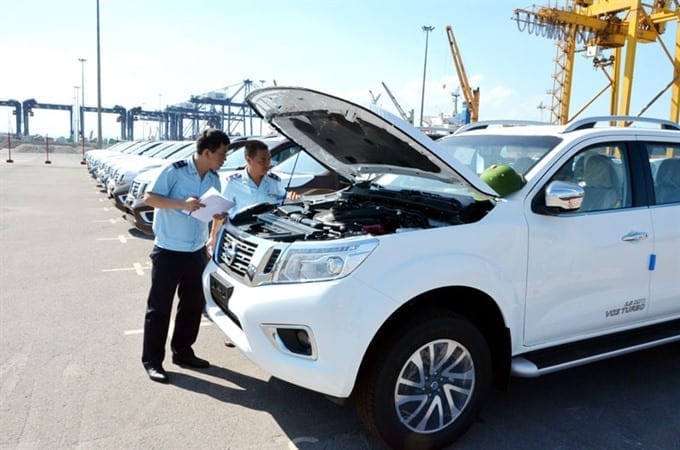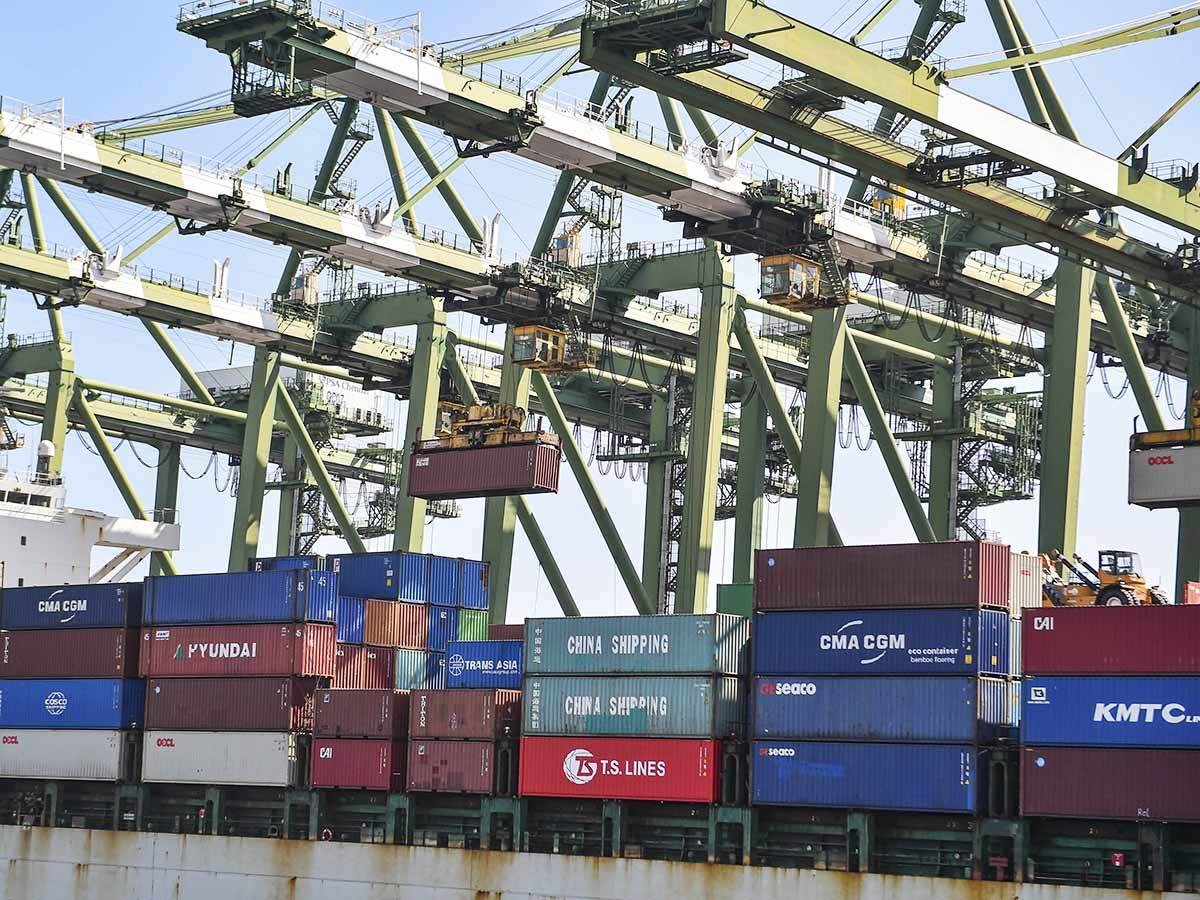-
Before the COVID-19 pandemic, the Philippines was a growth market for the autos industry owing to rising incomes
-
The new tariffs, which stemmed from a petition by a group of automotive workers, will be in effect for 200 days
MANILA: The Philippines is imposing temporary duties on imported passenger cars and light commercial vehicles to protect its tiny carmaking industry hit hard by the pandemic, its trade minister said on Monday.
Before the COVID-19 pandemic, the Philippines was a growth market for the autos industry owing to rising incomes. But Japanese carmakers such as Isuzu Motors and Honda Motor have stopped local production of some vehicles, opting to import from around the region.
“While we generally do not restrict products coming into the market, we also need to ensure the level playing field for our local industry,” Trade Secretary Ramon Lopez said in a statement.

Without such a move, the industry would suffer damage that would be “difficult to repair,” the ministry said, adding the measure would prevent firms from leaving.
The Philippines’ motor vehicle manufacturing sector employed nearly 90,000 workers as of 2018, government data showed.
Provisional safeguard duties in the form of a cash bond are being set at 70,000 pesos ($1,459) each for imported passenger cars and 110,000 Philippine pesos ($2,292) for light commercial vehicles (LCV), increasing retail prices by about a tenth.
Currently, most vehicles sold in the country are imported duty-free under trade deals.
The new tariffs, which stemmed from a petition by a group of automotive workers, will be in effect for 200 days, the trade ministry said.

Also Read: Lucid Motors to expand Saudi presence, scouting retail locations
The Philippines produced nearly 55,000 vehicles in January to October 2020, accounting for just 2.5 percent of the region’s output of 2.22 million units, data from the ASEAN Automotive Federation showed.
Imports of passenger cars have increased by an average of 35 percent from 2014 to 2018, trade ministry data showed. Imports of LCVs that include pick-up and small trucks surged three times to 51,969 units in the same period.
Also Read: LIC: Let the policy holder be careful, otherwise all the money will be drowned




